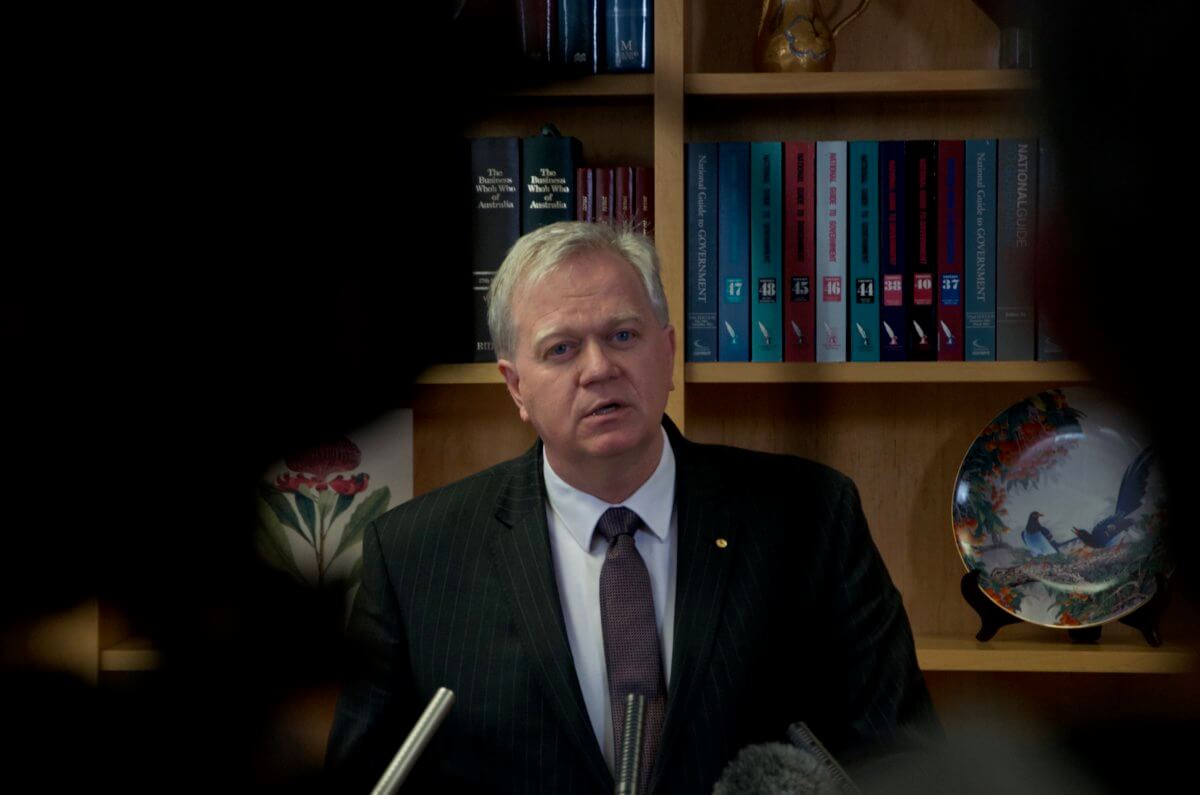ANUSA president James Connolly has criticised the recently released review into the ANU’s sexual assault procedures, saying that the report should have consulted survivors of sexual assault.
The review, conducted by research consulting firm Rapid Context, wrote that its findings were restricted by the tight time frame ANU demanded.
The firm notes that it did not have time to conduct interviews with survivors of sexual assault before passing on recommendations to the ANU Executive. The report suggests that ‘appropriate ethical review’ for the interviews would not have been possible in the given time.
Outgoing ANUSA president James Connolly told Woroni that this decision was a major misstep.
‘I think that it was offensive and a serious misstep on the part of Rapid Context to not seek out survivors for consultation. I think that that is a reflection of the absurdly short time frame that was given to them by the University,’ Connolly said.
‘The reality is going forward survivors do need to be at the heart of decision making. Unfortunately, the first significant steps of this review failed that.’
But Connolly remained satisfied with the review’s findings, saying that it was a ‘vindication of the demands that ANUSA and PARSA have put to the University, because the review incorporates all of them’.
The report, which was handed to the University in September but has only been made public in recent days, slams ANU’s sexual assault and harassment procedure as confusing and unclear.
‘There is significant confusion around whether the ANU has capacity to act in matters of sexual assault, what would inform and determine the parameters of its action, and what the action can entail,’ the report reads.
‘There are currently no formal mechanisms for investigating complaints of sexual assault at the ANU. This means that the only mechanisms for resolving complaints related to sexual assault are processes available under the Student Complaints and Resolution Procedure.’
Among the report’s recommendations are the streamlining of existing policies, raising awareness of avenues available to survivors, and the creation of a ‘one stop’ coordination unit that responds to sexual assaults on campus.
The report did not investigate individual residential halls. However, a steering group headed by former diplomat and president of the Australian National Committee for UN Women, Donelle Wheeler, will now focus on reviewing the sexual assault policies of residential colleges.
Woroni understands that the parameters of the review are currently being developed, and there are plans for that to go underway once that framework is finalised.
The published Rapid Context review has been made public almost four months after an Australian Human Rights Commission survey found that 116 ANU students were sexually assault in 2016, including 52 students on campus. More than half of the surveyed students reported that they had been sexually harassed in 2016.
In August, the ANU accepted all nine of the AHRC’s recommendations.
We acknowledge the Ngunnawal and Ngambri people, who are the Traditional Custodians of the land on which Woroni, Woroni Radio and Woroni TV are created, edited, published, printed and distributed. We pay our respects to Elders past and present. We acknowledge that the name Woroni was taken from the Wadi Wadi Nation without permission, and we are striving to do better for future reconciliation.
